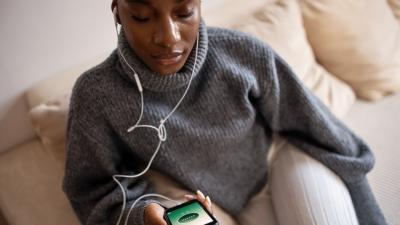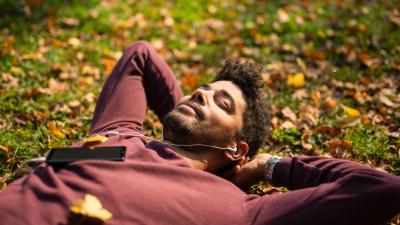meditation
-
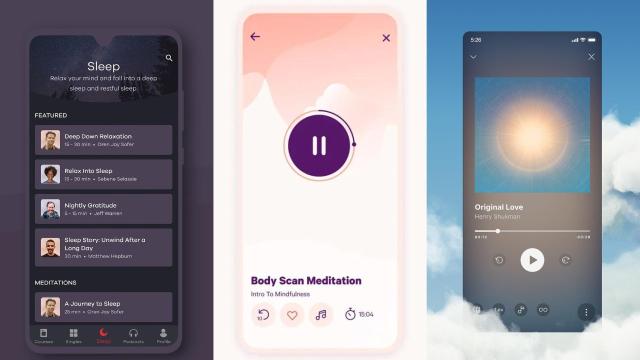
7 Meditation Apps to Try That Aren’t Headspace or Calm
There is a whole world of niche meditation apps for you to explore.
-
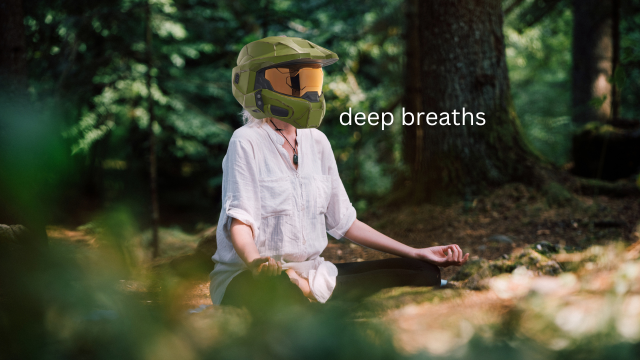
Fancy Meditating to the Soothing Sounds of Halo? It’s Now on the Calm App
Xbox and Calm have announced probably one of the weirdest collaborations I’ve ever heard of: meditations in video games.
-
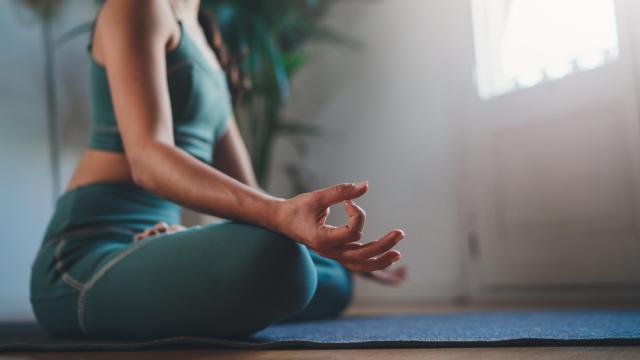
These Things Don’t Actually Make You ‘Bad’ at Meditating
Last week I shared my own experience learning how to benefit from meditation, even though I feel like I’m pretty bad at it. But what makes someone “bad” at meditation? Many people who try to meditate feel as if they failed. A lot of “failures” in meditation are in fact completely normal and a part…
-
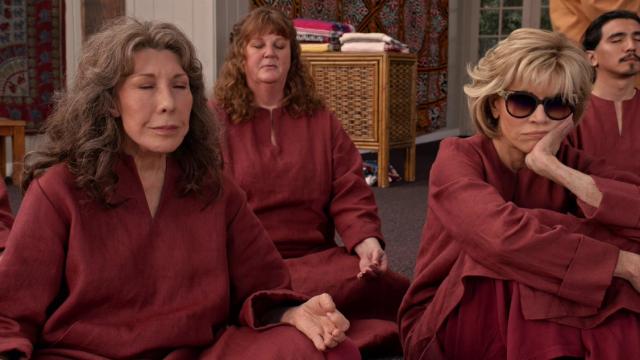
Learn to Surrender With a Meditation Designed for Control Freaks
One of my favourite things to do during my lunch break is to take a Daily Trip. Not anywhere far, though it can sometimes be quite the journey. In recent months I discovered that the Calm App had a daily meditation series titled Daily Trip, run by Jeff Warren, that plugs into day-to-day issues and…




